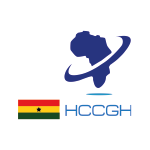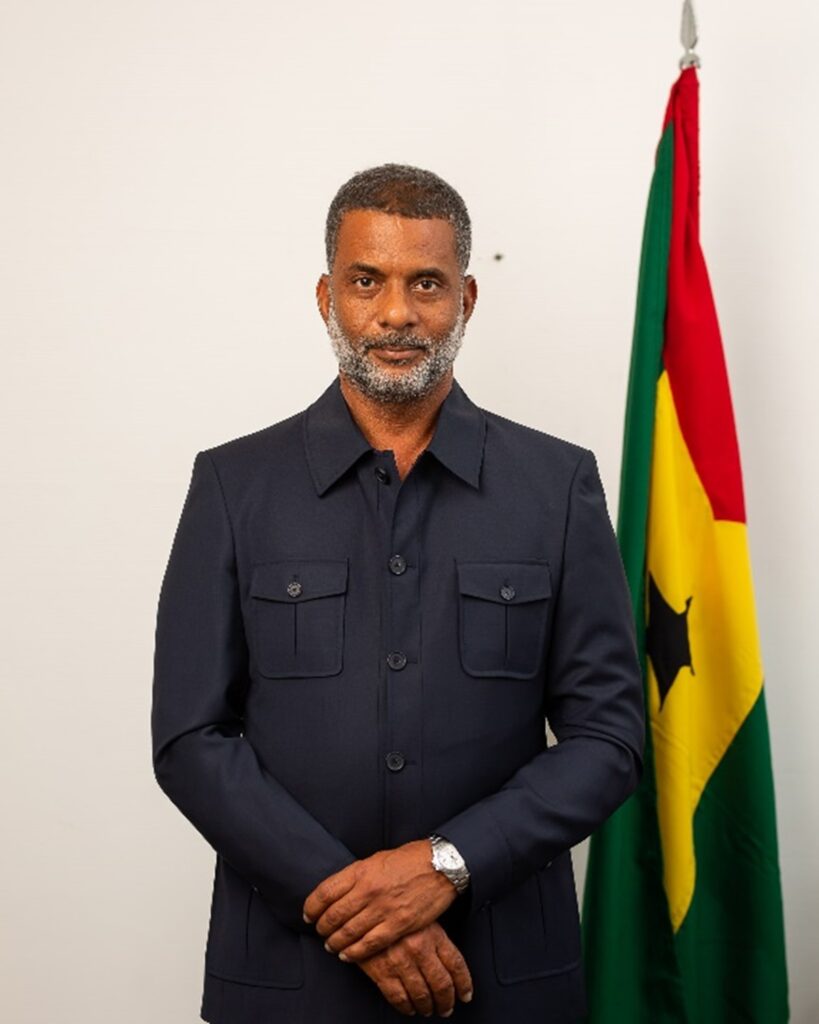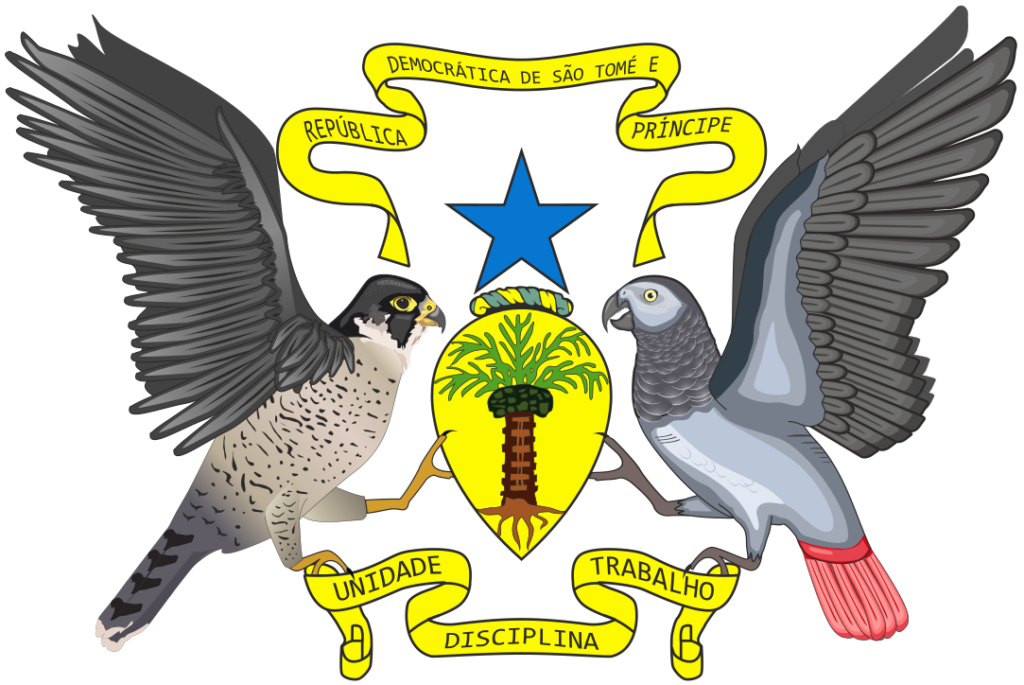Hon. Nii Amaa Ollennu
Personal Profile
Currently the C.E.O of BCO Ltd (La Villa Boutique Hotel), Nii Amaa Ollennu is an accomplished business mogul with over 15 years of experience in the hospitality & real estate industry and a proven ability to navigate complex geopolitical landscapes and foster collaborative relationships among diverse stakeholders.
With leadership and negotiation training from University of Harvard Business School, He is well versed in representing national interests while promoting dialogue and understanding across cultures.
His fluency in English, Italian, French and Spanish enhances his capacity to engage effectively in multicultural environments.
Passionate about philanthropy and voluntary service, He is the country director of MEWE Ghana, a nonprofit organization set up to help the less privileged in our society. He is also an Ambassador for the Olympic Committee of Sao Tome and Principe in recognition of his commitment to development of the island nation.
His hobbies include horse riding/Polo, swimming, tennis and sailing.


